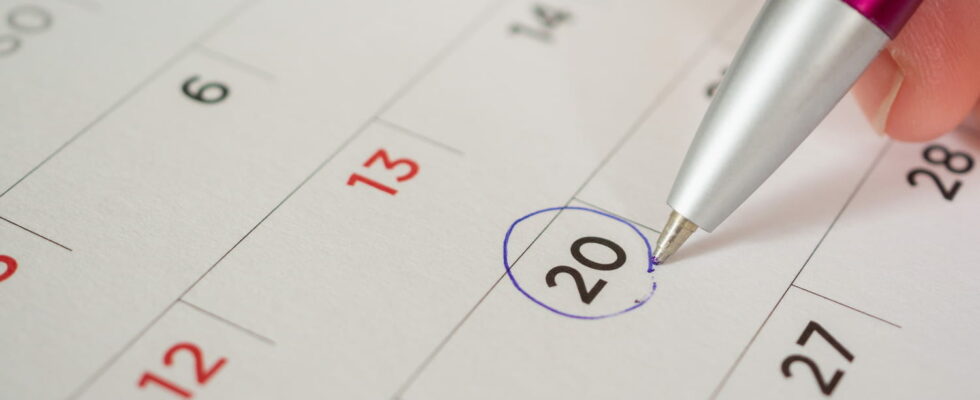The statistics are clear, there is a day when you are more likely to die than others. Surprisingly, it is different for each of us.
“January 3 is the day when the most people die in France.” You have undoubtedly seen this statistic recently. It was made public by a study by INSEE published on October 30, 2024, on the occasion of All Saints’ Day. According to data published in 2023, 639,300 people died in France. In comparison, the figures stand at 1,900 deaths on average on the third day of the year, or 19% more than on other days.
However, although January 3 is the day when the mortality rate is the highest in France, these statistics must be considered as the result of collective data. On a case-by-case basis, nuances are to be expected. Indeed, there is a day specific to each individual when the chances of dying are increased tenfold. We’ll explain it to you.

Do you know the “birthday effect” in English? This is a statistical theory put forward by several studies. These reveal a disturbing fact: the day of one’s birthday has a greater probability of also becoming the day of one’s death compared to another date. A fact corroborated by INSEE in its report: “The risk of dying on your birthday is higher than any other day in the year”.
Many personalities have died on their birthday: William Shakespeare, Franklin D. Roosevelt Jr, Ella Baker… The death of these celebrities has been a constant phenomenon for several years. “From 1994 to 2023, the average death on that day was 6% higher than the average for the period.”
“The risk increases slightly more for men (+7%, compared to +6% for women) and sharply for young people and adults of intermediate age (+15% from 2 to 17 years old, +21% from 18 to 29 years, +21% from 30 to 39 years, +13% from 40 to 49 years)”, declares the National Institute of Statistics and Economic Studies.
Behind this “birthday syndrome” and the statistical trend observed, several explanations combine. The first, cited by INSEE, is due to the excesses relating to this particular day, which young adults are more easily confronted with. Between alcohol, sugar, parties and nighttime car trips, all the elements come together to make this day a more risky moment than the others.
And that’s without taking into account factors such as emotion, the stress of the celebration or the awareness of the passage of time. Statistician Nathalie Blanpain also mentions “the desire to reach the day of one’s birthday” which could “delay the occurrence of death of people at the end of life”.
